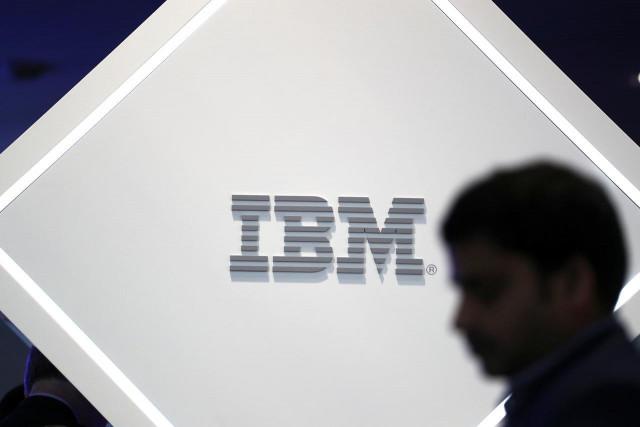IBM closes $34b deal to buy Red Hat
This is the company's biggest acquisition in its more than 100-year history

This is the company's biggest acquisition in its more than 100-year history. PHOTO: REUTERS
Underscoring the drive into high-margin businesses, IBM in October agreed to buy Red Hat, the company's biggest acquisition in its more than 100-year history.
Ginni Rometty, IBM Chief Executive since 2012, has steered the company towards faster-growing segments such as cloud, software and services and away from traditional hardware products, but not without a bumpy journey. The newer areas of focus have sometimes underwhelmed investors.
The company, which won approval for the purchase from EU regulators in late June and US regulators in May, agreed to pay $190 a share for Red Hat, representing a 63% premium.
Founded in 1993, Red Hat specialises in Linux operating systems, the most popular type of open-source software and an alternative to proprietary software made by Microsoft Corp. IBM has faced years of revenue declines as it transitions from its legacy computer hardware business into new technology products and services.
Red Hat CEO Jim Whitehurst and his management team will remain in place. Whitehurst will join IBM's senior management team and report to Rometty.
IBM will maintain Red Hat's headquarters in Raleigh, North Carolina, its facilities, brands and practices and said it operate as a distinct unit within IBM.
The companies said IBM and Red Hat will offer "a next-generation hybrid multicloud platform" that will be "based on open source technologies such as Linux and Kubernetes."
IBM's cloud strategy has focused on helping companies stitch together multiple cloud platforms rather than compete head on with "hyperscale" cloud providers such as Amazon Web Services, a unit of Amazon.com Inc, Microsoft and Alphabet Inc's Google.
IBM said Red Hat will continue "to build and expand its partnerships, including those with major cloud providers, such as Amazon Web Services, Microsoft Azure, Google Cloud and Alibaba."
Since 2013, IBM's cloud revenue as a percentage of total revenue has grown six-fold to 25%. In the 12 months through the first quarter of 2019, cloud revenue exceeded $19 billion.
Red Hat is expected to contribute approximately two points of compound annual revenue growth over a five-year period, IBM said.



















COMMENTS
Comments are moderated and generally will be posted if they are on-topic and not abusive.
For more information, please see our Comments FAQ